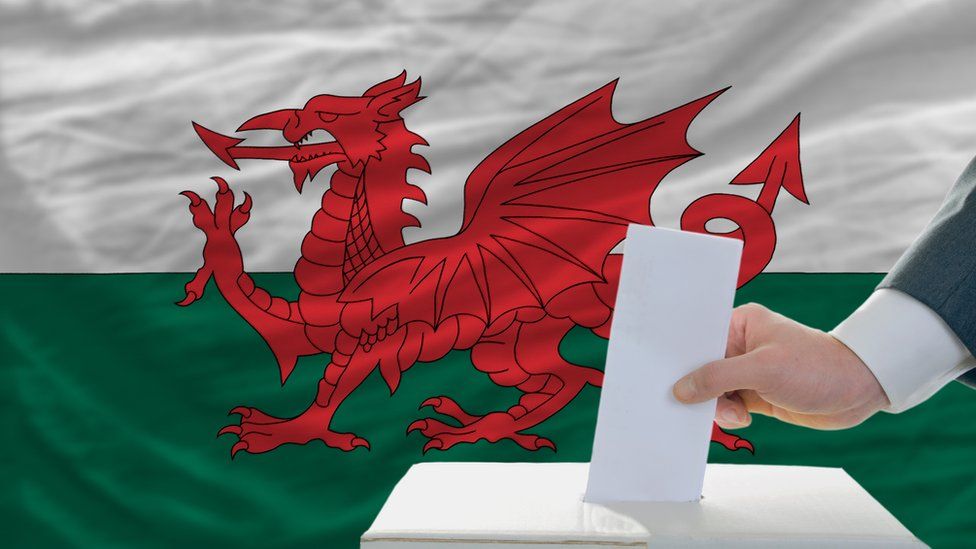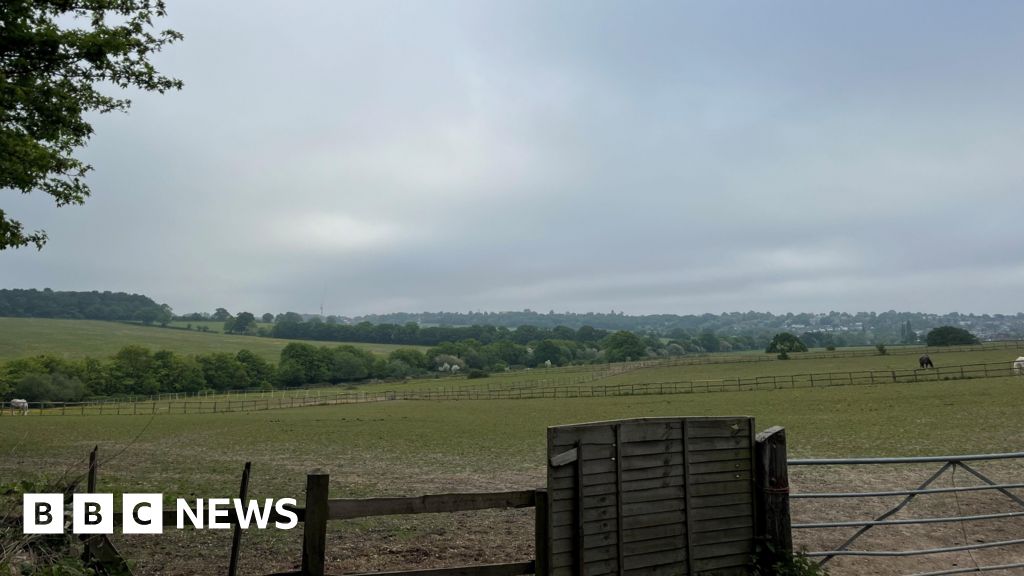ARTICLE AD BOX
 Image source, Getty Images
Image source, Getty Images
There are also plans for gender quotas to increase female representation in the Senedd
By James Williams
BBC Wales political correspondent
All candidates for future Senedd elections will have to live in Wales, under Welsh government plans.
Ministers also intend to stop Senedd members (MSs) from leaving a political party in Cardiff Bay to join another.
The proposed changes are part of a Senedd reform package, which will see the number of MSs rise from 60 to 96.
The Welsh government will give an update by Easter, but Tories said it should focus on "fixing our Welsh NHS, our education system and our economy".
Plaid Cymru, which is working with the government on Senedd reform as part of its co-operation agreement, said the changes "will be a significant milestone in Wales's constitutional journey".
Image source, Getty Images
Image caption,An extra 36 politicians would be sent to Cardiff Bay under the changes
Plans to change the Senedd would see 96 MSs split across 16 constituencies, with each electing six.
Gender quotas are also being proposed to ensure better female representation, although there is some uncertainty around the Senedd's legal powers to introduce the change.
The aim is to introduce the changes in time for next Senedd election in 2026.
Welsh ministers and Plaid Cymru are working on the fine detail before publishing a proposed Senedd reform law by autumn 2023.
BBC Wales has been told further changes agreed include:
- requiring candidates for Senedd elections to be resident in Wales;
- a ban on party defections so MSs who are elected to represent a party will not be able to resign and join another party in the Senedd - they will have to instead sit as independents;
- independent candidates will have to disclose their membership of any political parties in the year ahead of an election
In 2009, Mohammad Asghar became the first politician in Cardiff Bay to cross the floor when he moved from Plaid Cymru to the Conservatives.
Six of the seven politicians elected to represent UKIP in the 2016 Senedd election left to join other parties.
The proposed Welsh residency rule would prevent the situation in the last Senedd where UKIP leader Neil Hamilton represented Mid and West Wales but lived in Wiltshire.
Neil Hamilton could claim hotel expenses in Cardiff but not for the costs of running a house in the city
In a meeting of Welsh Labour's ruling body before Christmas, there was said to be "general support" among party representatives.
But Labour's Welsh Executive Committee is said to have queried whether the Welsh residency rule change "might put off talented potential candidates living elsewhere in the UK who would be reluctant to risk moving to Wales if they could not be sure of being elected".
First Minister Mark Drakeford is said to have "acknowledged that this point had been considered but it had not been seen as a sufficient concern to justify abandoning the proposal".
'Better serve the people'
A Welsh government spokeswoman said: "We continue to work to progress the recommendations made by the special purpose committee on Senedd reform, and will provide a further update by Easter."
Plaid Cymru said creating a "stronger, more effective, and more representative democracy to better serve the people of Wales is at the heart" of its Senedd deal with the Welsh Labour government.
A Plaid spokeswoman added: "Almost 25 years since the Senedd was established, the proposed legislation will be a significant milestone in Wales' constitutional journey.
"The leader of Plaid Cymru [Adam Price] is working closely with the first minister on the development of the legislation, and we look forward to seeing the legislation introduced to the Senedd in due course."
Conservative Senedd leader Andrew RT Davies said ministers should be "focused on fixing our Welsh NHS, our education system and our economy".
"Labour has no electoral mandate for their proposals and are happy for MPs to cross the floor to another party when it suits them," he said.
"It is up to the electorate to determine how they are represented," Mr Davies added.

 2 years ago
47
2 years ago
47








 English (US) ·
English (US) ·